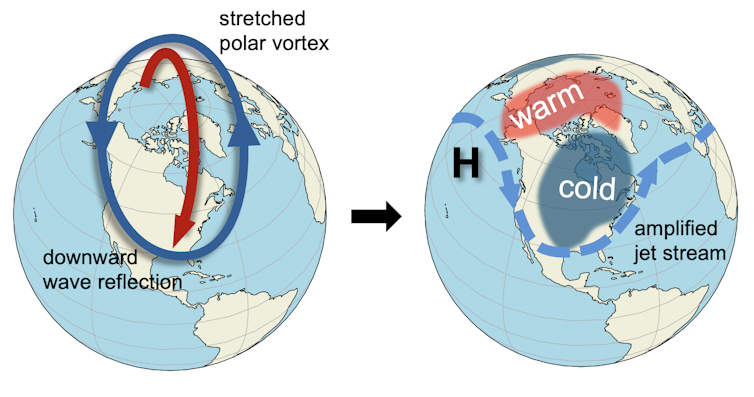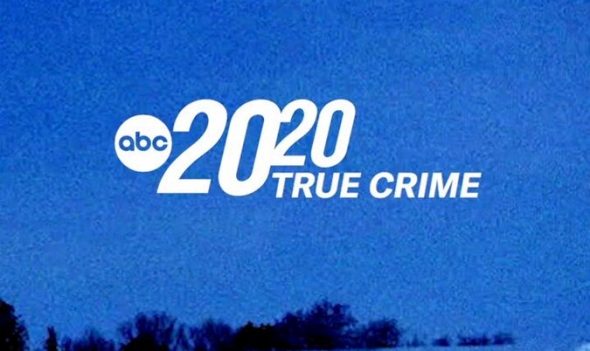[ad_1]
So, after dismissing big advertiser concerns, X is reportedly now shifting its focus to smaller brands, and winning over many more niche businesses and promotions, as it looks to get its revenue goals back on track.
Which is a lofty ambition, considering that X’s top 50 advertisers alone spend close to $1 billion per year on in-app promotions, and X is currently on track to bring in less than $2 billion for the full year.
So it’s got a fairly big gap to cover, but if the big players are staying away, it also has little choice.
Part of X’s revised SMB plan looks set to be a new, lower-priced tier of its Verification for Organizations package, which currently costs $1,000 per month.
As you can see in this post from X News Daily, X is developing an alternative, lower spec “Basic” version of the offering, which would come with fewer features, but would still give brands a gold checkmark, priority support, Premium memberships (and blue checks) for staff profiles, and access to features like job listings.
It may also, seemingly, come with ad credits of an as-yet-to-be-determined value, which X will be hoping will encourage more brands to start paying to use its service.
Subscriptions are obviously what X is really pushing brands towards, in the hopes of reducing its reliance on ad dollars, and bringing in more direct income to fund the business. Thus far, X has struggled to get users to pay for the app, with fewer than 1% of X users signed up to X Premium, but maybe, with the promise of increased reach, and ad credits, more brands will consider this pathway.
Though I’m not sure that X’s leadership are really selling the potential value of the app as they seem to think.
X CEO Linda Yaccarino, who’s been tasked with maximizing the app’s revenue opportunities, amplified this post yesterday, which the user claims to highlight just how much reach X can provide to brands for their promotions.
But that’s not exactly what this example demonstrates.
First off, X now counts impressions as ‘views’, so if a post shows up in someone’s timeline, that’s counted as a view, whether it was fully in-view or not, and whether they actually engaged with it or not.
So X’s ‘view’ stat is not actually reflective of video views as they’re measured in other apps. And that discrepancy is clearly demonstrated here, because it’s an embedded YouTube clip, so any views on X of that clip would also be included in the full YouTube view count. Which, at the time of posting, was 6.7 million views, versus 36 million post views on X.
The example highlights just how misleading X’s view data can be.
It’s also not a great example of X’s algorithmic targeting, in showing users what they’re likely to be interested in.
According to these stats, X put this Grand Theft Auto promo in front of 36 million people, and less than 6.7 million people, in total, had engaged with it at the posting time.
And the amount of users who viewed it on X would only be a fraction of this total.
If 6.7 million was the total YouTube viewership at the time, incorporating direct views, as well as referrals from every other embedded source, X would at best have driven, say, 2 million of these.
So out of the 36 million people that X showed this post to, only 2 million or so of them actually watched it, a 6% engagement rate. That seems like not a great endorsement of its contextual matching, and its capacity to connect users with personally relevant content.
It’s another example of the unorthodox approach that X is taking to maximizing its revenue intake, which either reflects a lack of understanding of web metrics, or a lack of respect for potential ad partners.
But then again, maybe that’ll work with smaller brands. Big brands understand these metrics all too well, and won’t be fooled by topline stats, which seem to represent something that they actually don’t. Maybe, this is X’s pitch, in using broad-reaching examples of vague metrics, in the hopes of wowing SMBs who don’t have as good a grasp of the complexities of such data points.
Either way, this is seemingly X’s new focus, which it’ll be hoping to use as a lure to win back more ad spend.
[ad_2]
Original Source Link
































![ENHYPEN’s ‘[WALK THE LINE SUMMER EDITION] IN CINEMAS’ Concert Film Sets March Release Date ENHYPEN’s ‘[WALK THE LINE SUMMER EDITION] IN CINEMAS’ Concert Film Sets March Release Date](https://charts-static.billboard.com/img/2020/12/enhypen-z2c-344x344.jpg)



































